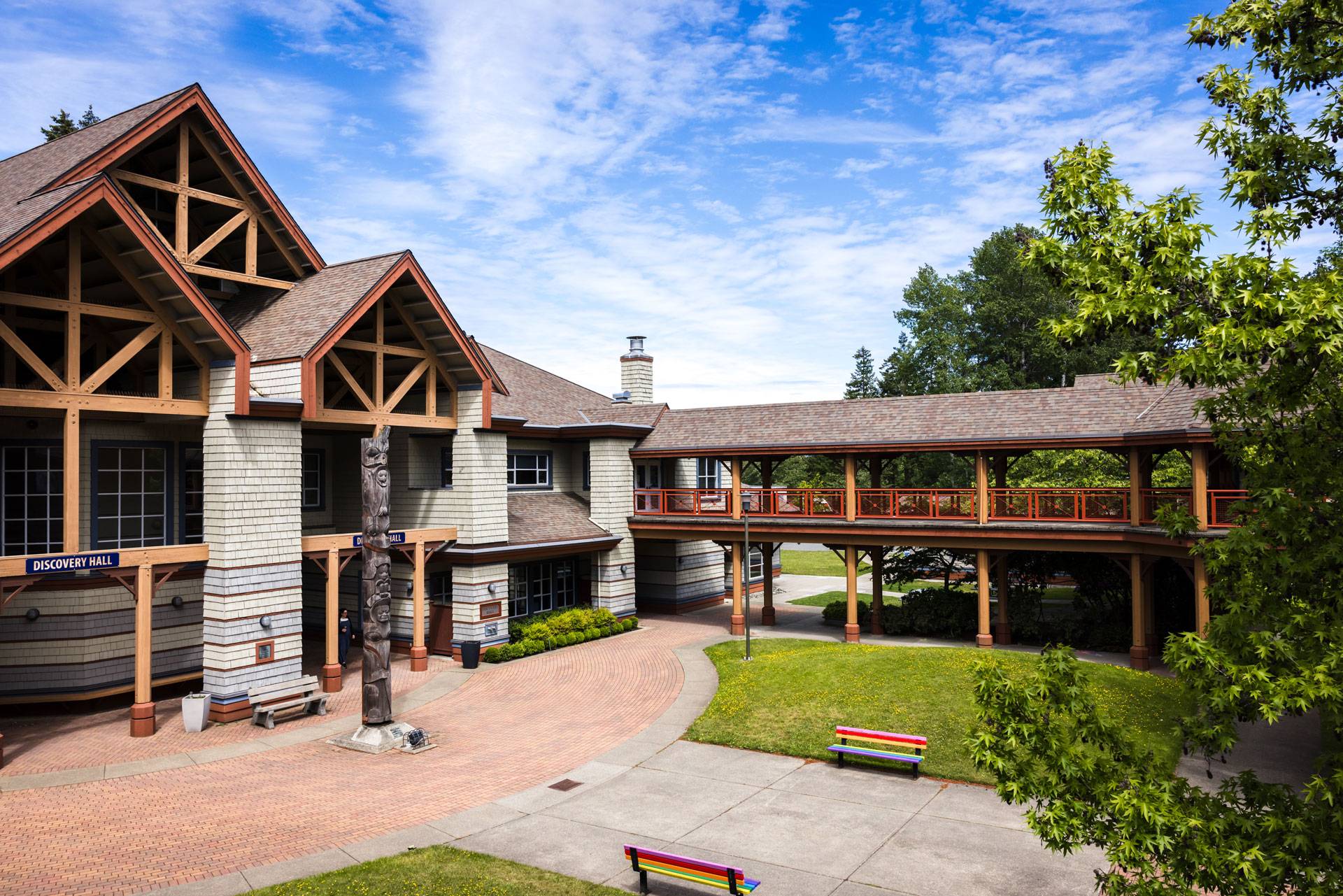Imagine a city untroubled by yucky smells, where happy citizens only make healthy choices. Doubtless, this is exactly what Victoria city councillors envisioned when they proposed an anti-smoking amendment to the Clean Air Act. The amendment would ban smoking in most public areas including parks, playgrounds, and any space within seven metres of a door or window. One imagines stands of smokers clustered thickly on tiny traffic islands — the only spots left unregulated.
The fact that this ban is proposed for a city where people inject heroin on the street reveals the unlikeliness of consistent enforcement of the anti-smoking amendment. And if enforcement is not to be consistent, it will be spotty; if it is spotty, where will these spots of anti-smoking enforcement fall?
One hates to imagine precious police resources being deployed to haunt the streets of neighbourhoods like James Bay. Equally horrifying is the chance that some poor dad, furtively sneaking a puff will be accosted while his kids play at the park.
As anyone living in the city knows, nuisances do not exude solely from public space. Neighbours who mow their lawns at 7 a.m. on Sunday, play bad music or yell at each other all impinge on our private idylls and if my neighbour smokes on his patio, I will breathe that smoke on mine. No, the smoking ban will not get enforced in the neighbourhoods and it would not make any difference if it did. A much more likely focus for anti-smoking enforcement is the downtown core, a place so overwhelmed by vehicle exhaust fumes that banning cigarette smoke won’t make a difference.
And this brings us to the crux of the issue. Councillors may hope that middle class Victorians will suddenly become cleaner, healthier people, but what about non-Victorians and the non-middle class? What about visitors to our city who would like to light up? Shall we welcome them with a phalanx of enforcement officers, issuing tickets the minute they hit the ground?
The bylaw will, in general, have an uneven effect across class boundaries. Those with cars and big backyards will be able to smoke in comfort while those in non-smoking apartments and on public transit will feel the squeeze. Homeless people, who spend their time in areas affected by the ban such as downtown and in parks will be penalized the most and yet they are the most vulnerable to addictions and have the least available resources to help them quit. I’m not saying that city councillors set out looking for yet another way to harass homeless people, but the bylaw will without doubt affect them the most.
Whether it was intended to or not, Victoria’s anti-smoking bylaw would effectively hurt those already in pain while failing to solve a problem. Public health is a matter for education and support, not policing. While smoking is gross and it makes people sick, creating new laws and enforcing them have unintended consequences. And if we do wish to end the problems of homelessness, we have to attend to issues of poverty, addiction, and mental illness.
After all, cleaning up shopkeepers’ doorways is nice but if we can’t stop my neighbour from lighting up and ruining my croquet matches, it’s not worth the trouble.






